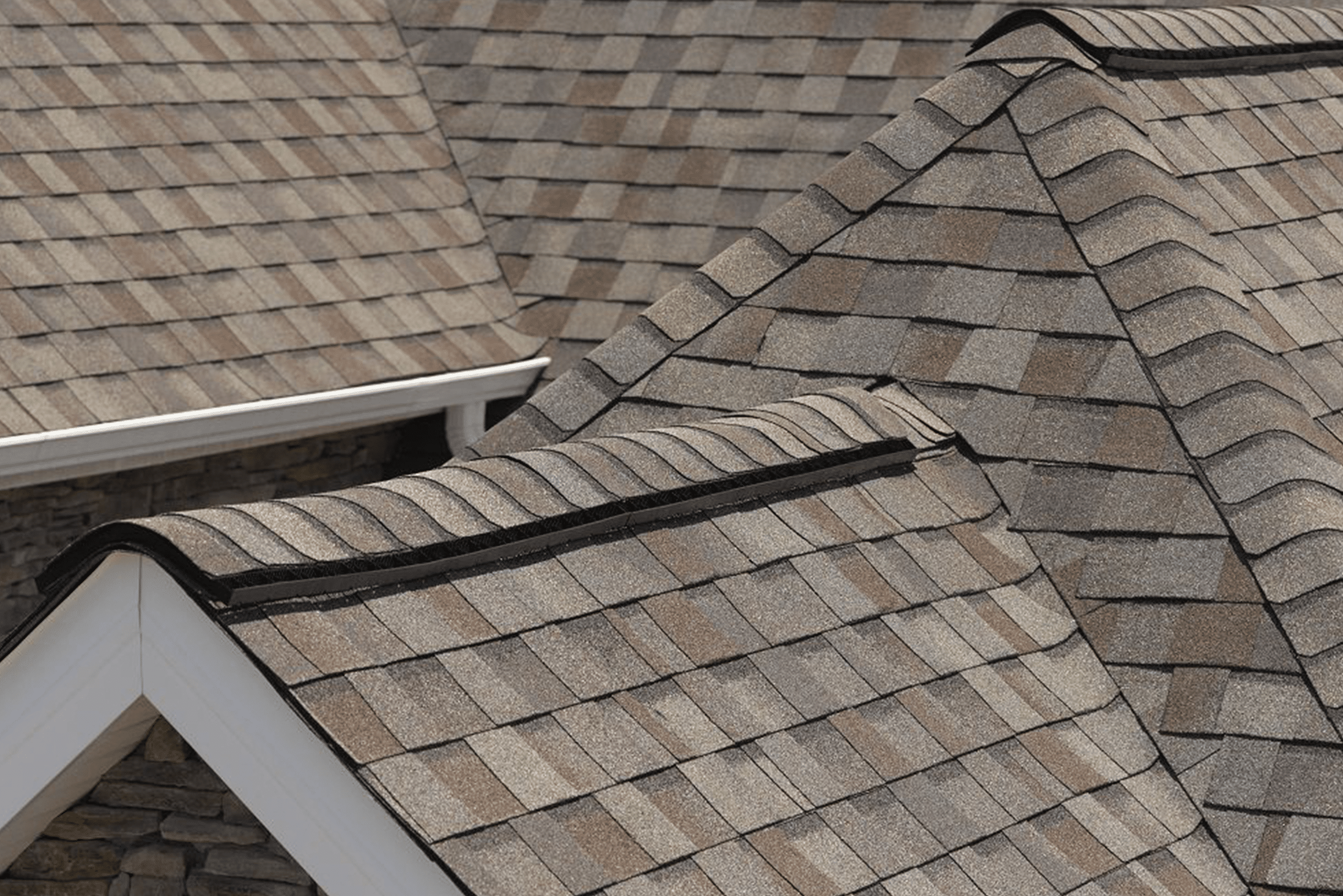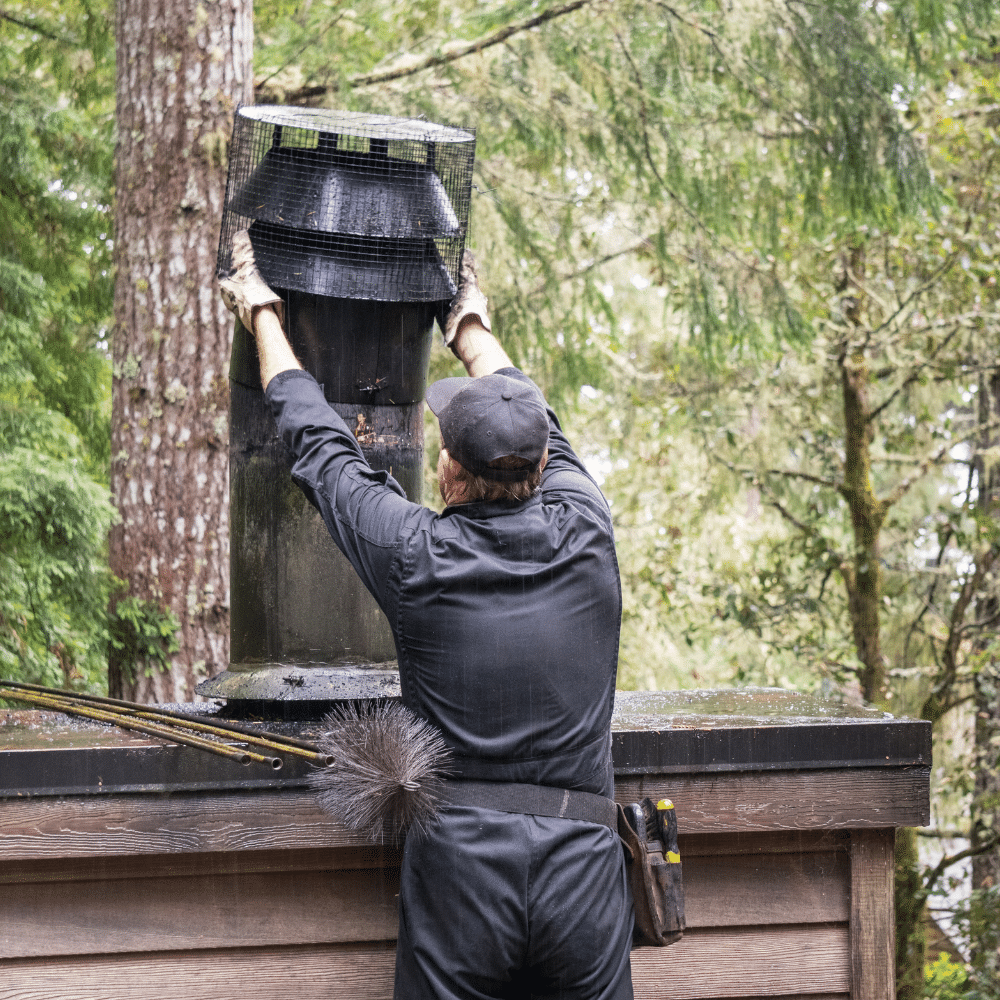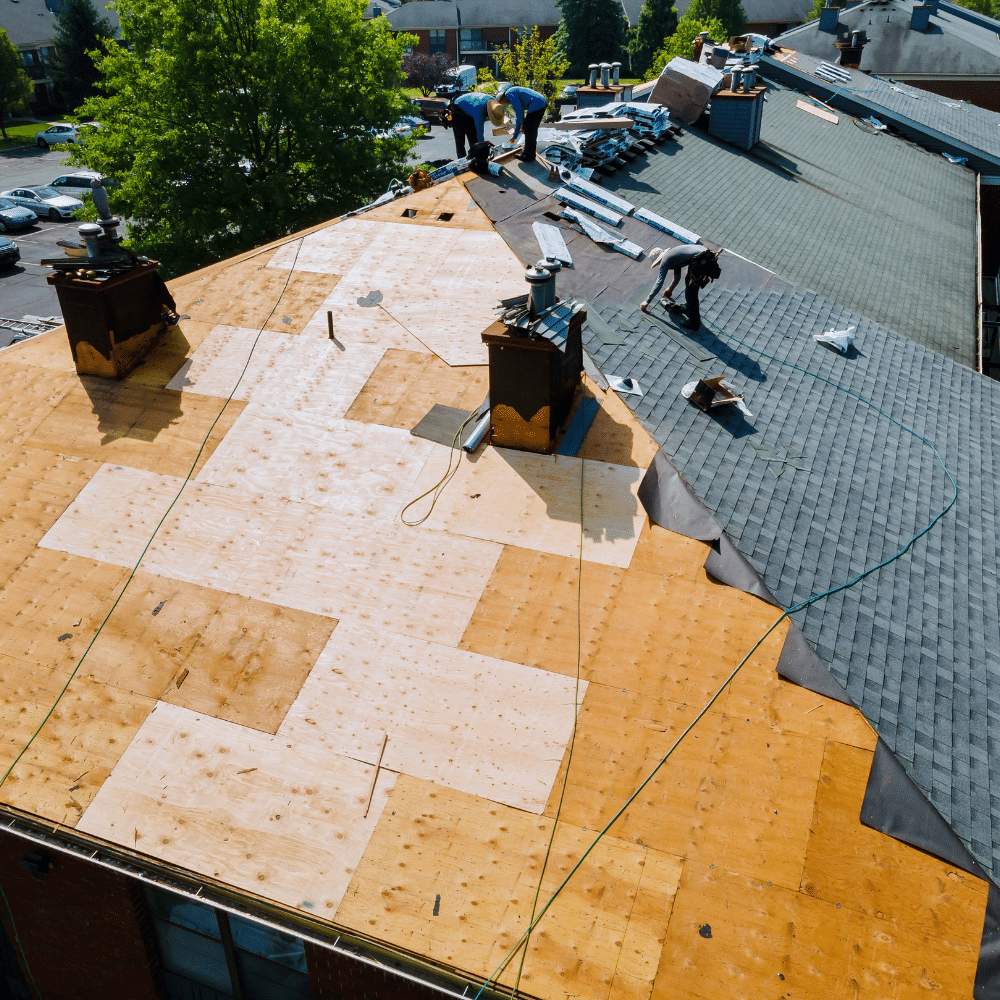What Does Insulation Do?
You might not know it, but insulation is useful all year round, even in the summer months. The soft, puffy appearance might make it seem more appropriate for cold temperatures, but during the summer, having a home with proper insulation installation in the attic will reduce the warm air in your home and save energy in the process. This will significantly help reduce your electric bills while still working to keep the house cool.
Curious how this works? Well when the insulation blocks the hot air from entering your home your house stays cooler longer and your air conditioning only comes on when absolutely necessary. In order to ensure your home is energy efficient, it starts at the top with the insulation.
Do You Need to Replace Insulation?
The short answer is no. As long as the insulation stays dry, it will last practically forever. Some different types of insulation can produce acid if it comes into contact with humidity, but we won’t delve into that right now. Additionally, water damage from roof leaks can lead to the degradation of the insulation. Mold will also lessen the performance. But, again, if you keep it dry (which means taking care of your roof), you won’t have to replace it over the life of the home.
How Much Insulation Do You Need?
If you find yourself in a situation where you need to add insulation, it’s a good idea to take into account R-Value. R-Value is a measure of the insulation’s ability to resist heat traveling through it. In other words, the higher the R-Value, the better the insulation will perform. In Connecticut, if your attic doesn’t have insulation, ENERGY STAR recommends adding insulation with an R-Value of R49. If there is already insulation in the attic, the recommendation is to add R38 to R49. It’s recommended you add a minimum of 12 inches to get the most out of your insulation. The R-Value can be found on the outside of the insulation when you are shopping for the right kind for your home, so it’s easy to spot.
As you can tell, insulation is an important part of the upkeep of your home. The U.S. Department of Energy estimates that 50 to 70 percent of the energy used in homes is used for heating or cooling activities. By making sure your home is properly insulated, you are putting you and your family on the right track to limiting your energy usage when you’re not thinking about it, and that’s putting money in your pocket.





